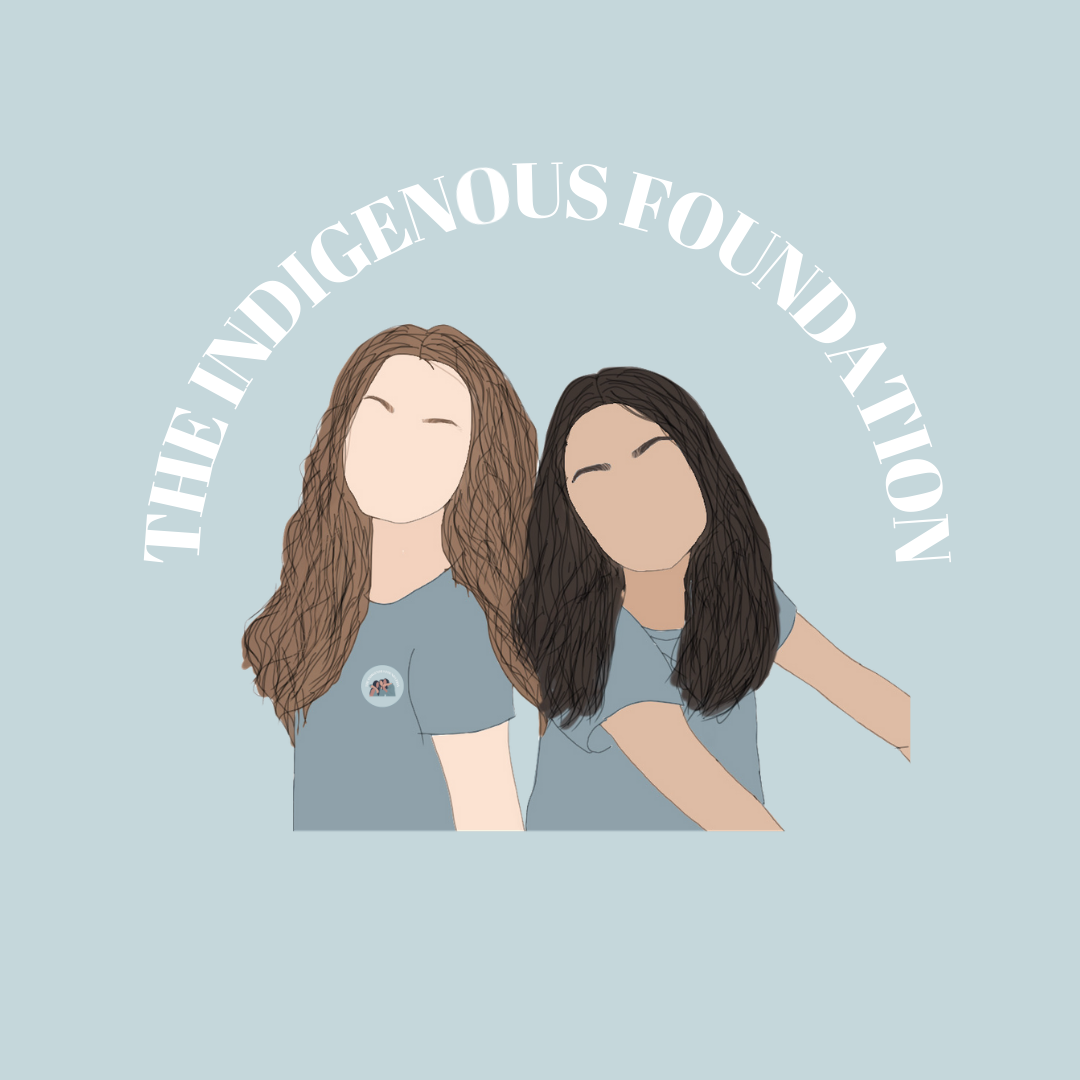Protect our Elders
The Cherokee Nation is one of the largest tribes in the U.S and mainly resigns in North Carolina, Oklahoma, Tennessee, Alabama, and Georgia. Cherokee people have been around for a very long time and believed to have lineage expanding from the Iroquoian tribe.
One of the most significant figures of Cherokee history was a man by the name of Sequoyah and was the founder of what is now the syllabary of the Cherokee language. He first started with the idea of having a logographic, but he soon came to see this would be harder. Despite his disability, he worked over a 12 year time span to perfect the written language and soon it became widely used among the community. It became simple to read and understand given that the language was custom - made to sound like the way the language was spoken. The language was officially embraced in the year of 1825 by the Cherokee Nation and is still used to this day.
Language is so vital to Cherokee culture, after losing part of it to the “Trail Of Tears'' which was a devastating point in history for Cherokee and other indigenous tribes. It’s important to recognize that language is a part of one’s identity, connecting one’s sense of self with the whole community.
From the onslaught of colonialism, societal changes, and importantly, the lack of healthcare among Indigenous communities, especially considering our current challenge of COVID-19, Indigenous communities. Indigenous communities are still in the fight to preserve their heritage and background to generations to come. The Cherokee language has started to decrease in the past years to present day, previously to the start of Covid-19. In 2019, The “ Durbin Feeling Preservation Act” was permitted to give the tribe a large fund towards language programs and expand the Cherokee language in written and oral formation. This act was a start to try to help expand and preserve the Cherokee language. This work has been very meaningful to the community and in hope to pass down heritage to the future generations. The pandemic has made it harder than before with preserving the language and culture, many native language speakers have started to decrease due to Covid-19 cases in the community. The Cherokee Nation has made it a top priority to vaccinate language speakers first. This is important because native language speakers are mostly elderly and only around 2,000 people.The Cherokee Nation hopes that with the new vaccines that we are able to keep from losing more people.
Unlike white counterparts, Native Americans are 3.5 times more likely to contract the Covid-19 virus. This is due to systemic racism against indigenous communities and abuse in the health care system along with government oppression. Evidence has shown that indigenous women were forcibly sterilized in the 1950s and 60s. This is far from being the only exploitation of indigenous communities such as the Cherokee nation, but this shows that the history between trusting the healthcare system and the government is rightfully broken. Indigenous communities such as Cherokee Nation, have been working together to preserve their heritage through vaccinations. From an individual standpoint, it is harder for many Native Americans to be in alignment with the vaccination since there is a history of mistrust. With this, the Cherokee nation has seen that people have been banning together within the community to look out for the greater good as a whole. The Cherokee Nation has seen a major increase in the numbers of vaccinated individuals, as many as 12,000. In closing, with these new numbers we hope to see that more lives are saved and heritage prevails.
Resources
https://www.bpr.org/post/covid-19-has-made-teaching-cherokee-language-even-harder#stream/0
https://www.cnn.com/2021/01/12/us/cherokee-nation-language-speakers-vaccine-trnd/index.html
https://www.nationalgeographic.org/article/sequoyah-and-creation-cherokee-syllabary
